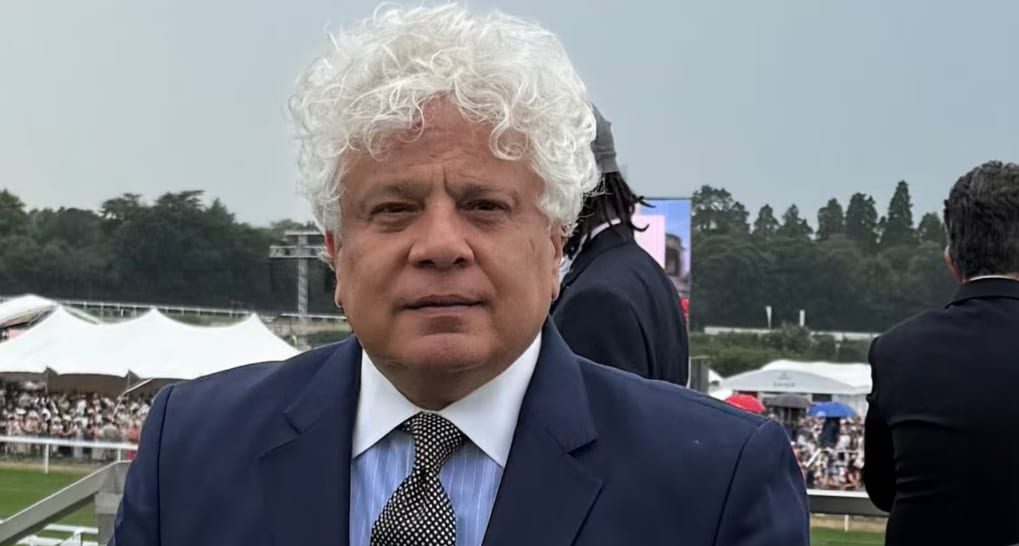Digital
Why OpenAI is hiring 100 ex-bankers: Inside the ChatGPT-maker's secret project to automate Wall Street's grunt work

In a striking critique of India's urban landscape, Suhel Seth has shed light on the dire state of the nation's cities, describing them as "hellholes" plagued by infrastructural neglect and systemic decay.
Despite efforts by corporates, citizens, and governments to enhance Brand India, Seth highlights that the country is grappling with severe urban challenges.
Seth emphasizes that major Indian cities, including Mumbai, Gurugram, Madras, and Bengaluru, are suffering from inadequate infrastructure and called them "hell holes."
Businessman and columnist Suhel Seth delivers a hard-hitting reality check on India’s crumbling urban infrastructure—and its impact on Brand India. Is this the future we want? #suhelseth #storyboard18 #mumbai #gurugram #bengaluru #citynews pic.twitter.com/feiZjQXvhV
— Storyboard18 (@Storyboard18_) July 29, 2025
He emphasized that roads are perpetually dug up, drainage systems are insufficient, and annual monsoon floods are a predictable catastrophe that nobody seems prepared to address. "For a lot it's comfortable, and for a lot, they've come to terms with this reality," he added.
Seth also slammed both government authorities and the private sector for neglecting long-term civic planning. “Infrastructure is a mess. Public transport is either inadequate or inaccessible. And yet we keep boasting about smart cities.”
The lack of proactive measures to combat these recurring issues is a stark reminder of the urban decay that threatens to tarnish India's reputation on the global stage.
Seth added how the media occasionally highlights these challenges, yet the coverage often seems like an annual ritual that fails to inspire meaningful change. Seth warns that the failure to address these fundamental issues undermines India's aspirations of becoming a $4 trillion economy.
The infrastructural inadequacies not only hinder daily life but also pose a significant risk to India's investment potential and international standing.
Seth attributes the urban crisis to a lack of political will, insufficient bureaucratic leadership, and citizen apathy. "If this doesn't improve, nothing will," he adds. He calls for a collective reassessment of priorities to transform India into a country that is both liveable and attractive.
The choice, he asserts, is between continuing with the status quo of crater-riddled roads or striving for a future that boasts robust infrastructure and improved quality of life.
From purpose-driven work and narrative-rich brand films to AI-enabled ideas and creator-led collaborations, the awards reflect the full spectrum of modern creativity.
Read MoreIn a wide-ranging interview with Storyboard18, Sorrell delivers his frankest assessment yet of how the deal will redefine creativity, media, and talent across markets.